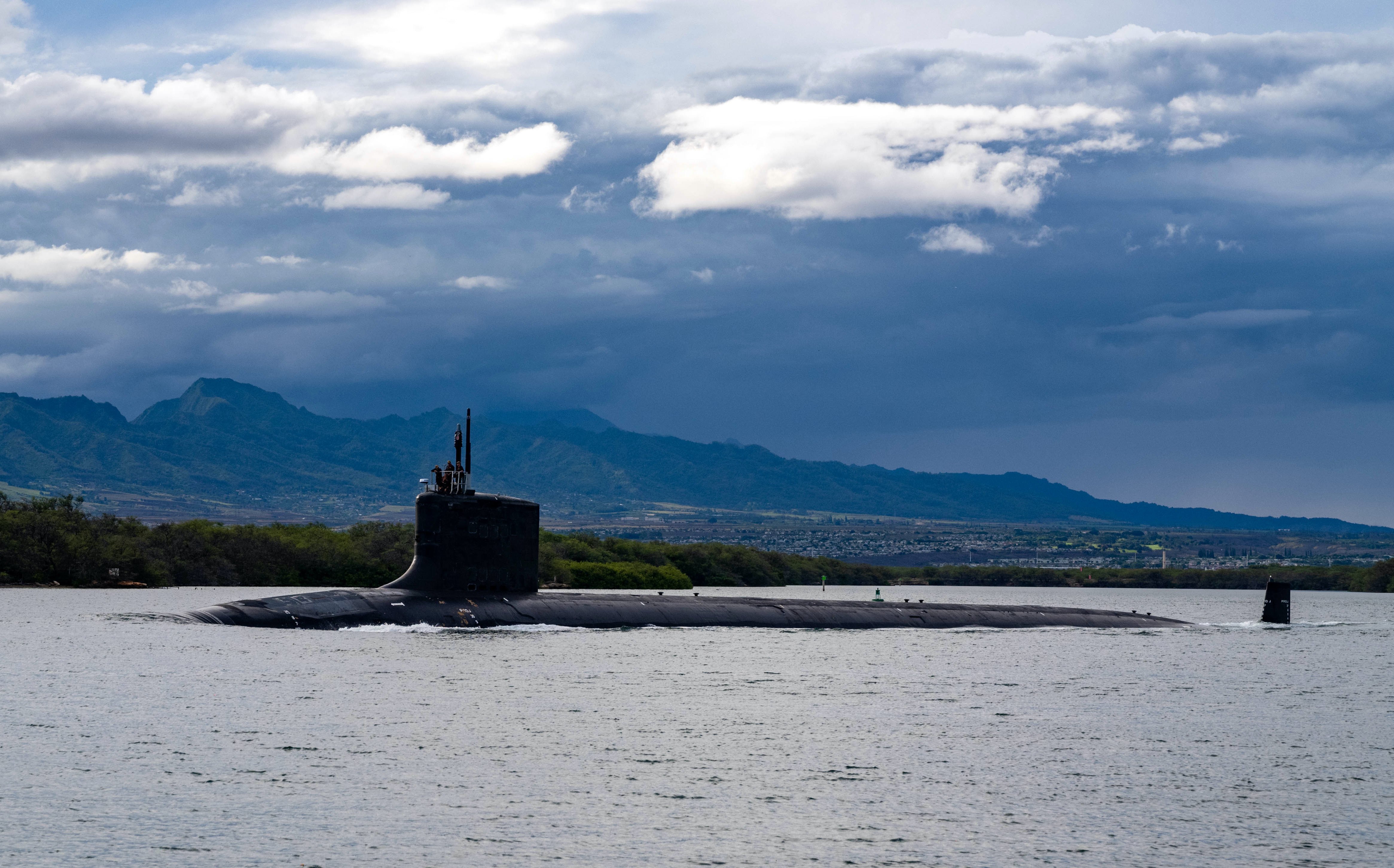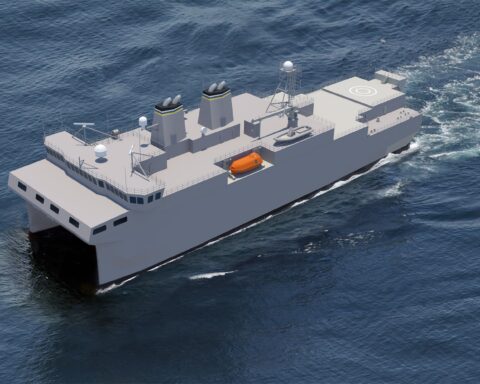The following is the National Transportation Safety Board recently released Safer Seas Digest 2020 that summarizes major maritime accidents and lessons learned including the 2017 collision of USS Fitzgerald (DDG-62) off Japan and the collision of then-under construction USS Delbert Black (DDG-119).
From the report
The 42 marine accidents included in Safer Seas Digest 2020 involved contact with fixed objects, sinkings, collisions, fires, explosions, floodings, groundings, and capsizings. The vessels involved ranged from the small dive boat Conception, on which the loss of life nevertheless rivaled the worst maritime disasters of recent years, to a US Navy destroyer— the second such investigation completed in the last 2 years.
The accidents recounted here resulted in numerous injuries, significant property damage, and worst of all, the loss of crewmembers and passengers. In the fire aboard the Conception alone, 34 lost their lives. This year also saw the conclusion of the investigation of the collision that took 11 lives aboard the Fitzgerald.
These tragedies remind us that whether we are serving in the nation’s armed forces, scuba diving for recreation, fishing on a trawler, or keeping commodities flowing on tankers and freighters, we are all reliant on the safety measures that must be in place before we step aboard.
The NTSB investigates the voyages that go wrong to ensure that future voyages go right, and, drawing from the findings of these accident investigations, we recommend safety improvements to prevent recurrences. It is up to the marine industry and its regulators in the U.S. Coast Guard to act on these recommendations and lessons learned to improve marine safety.
The safety issues examined in the 2020 edition of Safer Seas include:
- Navigating through bridges
- Standard operating procedures
- Smoke detection
- Voyage planning and dynamic risk assessment
- Effective communication
- Operating in high-water/high-current conditions
- Lithium-ion battery hazards
- Crew training
- Vessel speed
- Storage of flammable or combustible materials
- Closing ventilation inlets during a fire
- Effective hull inspection and maintenance
- Inspection of control linkages
- Fatigue
This digest is organized around NTSB investigations that closed in 2020. They represent a snapshot within the ongoing cycle of accidents, NTSB investigations, and safety improvements that ensures that lessons learned result in changes.
The Coast Guard is integral to the NTSB’s marine investigations. Our relationship is an outstanding example of government collaboration focused on saving lives and improving safety. Every accident presented in this report was supported in a variety of ways by the men and women of the Coast Guard, and my sincerest thanks go out to every one of them who assisted us this year. The Coast Guard units that worked with the NTSB in these accidents are listed on page 104. With every investigation we learn new safety lessons to prevent or mitigate future losses, but only when marine stakeholders at all levels of the industry apply these lessons. I hope that Safer Seas Digest 2020 provides the marine industry with essential information to better understand the safety issues confronting it.
Sincerely,
[signed]
Jennifer Homendy
NTSB Chair
Download the document here.





